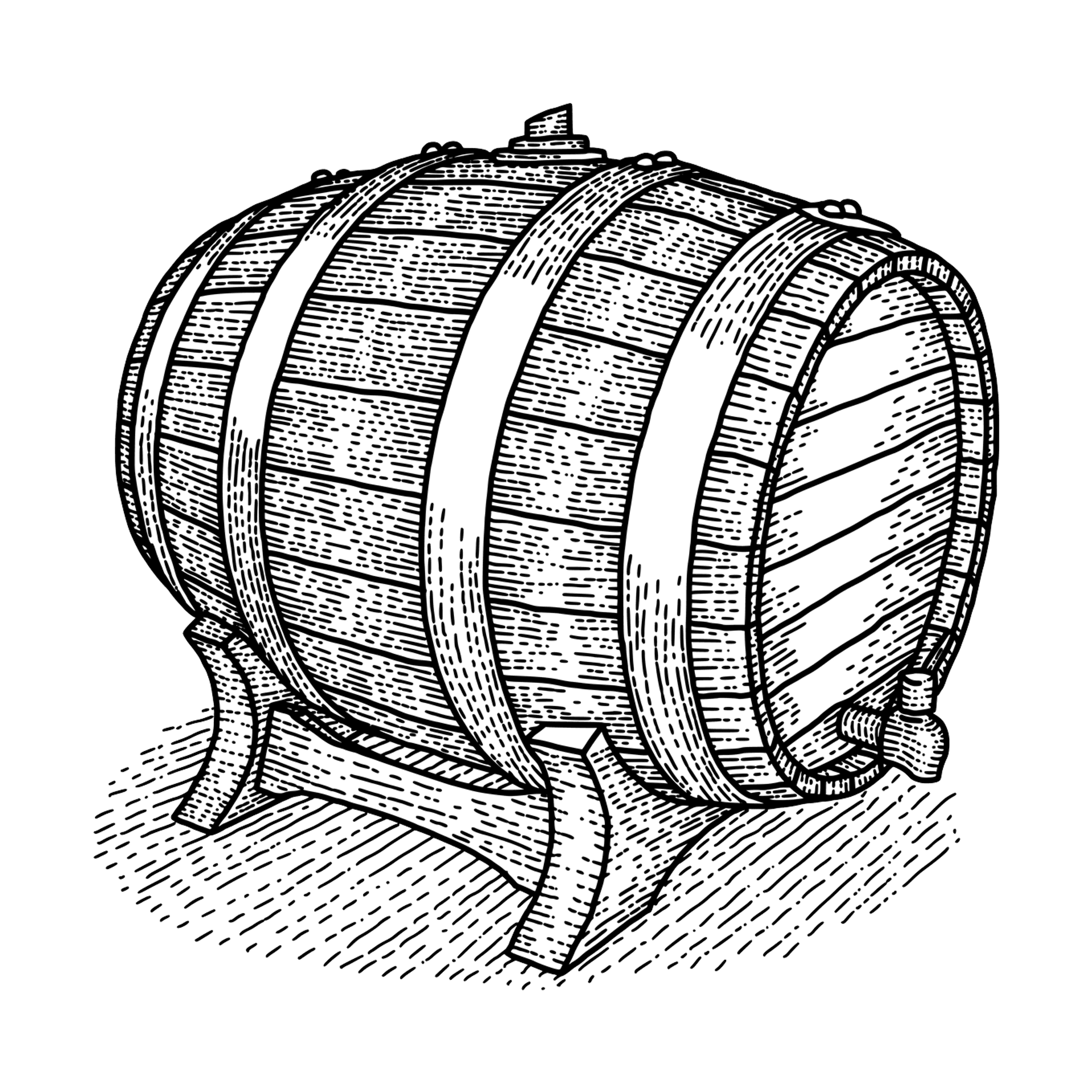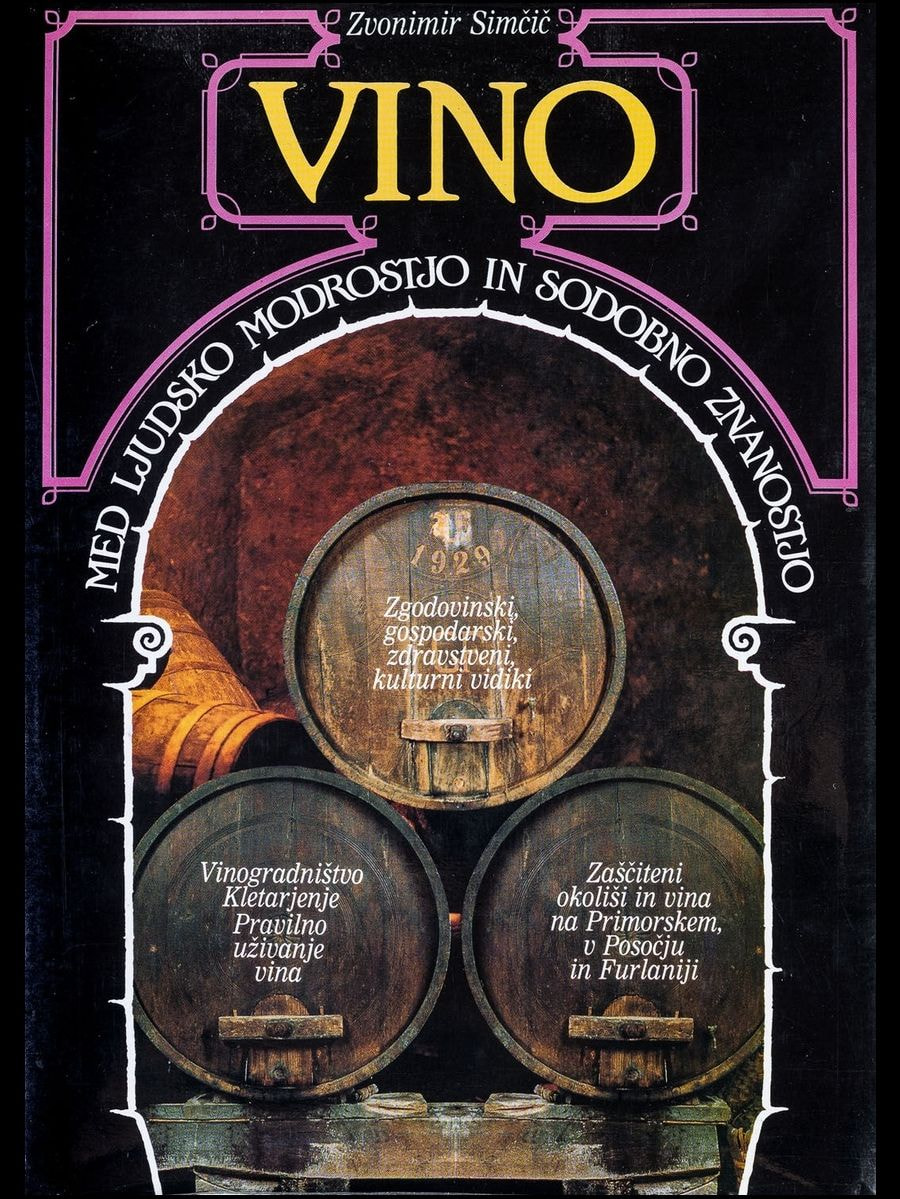Moderation - The Key to the Beneficial Effects of Wine

Wine, one of the oldest and most revered beverages in human history, has a rich and fascinating history that dates back to the 6th millennium BC. Beyond its role in culture, religion, and society, wine has earned a reputation over the millennia for its numerous health benefits. In this blog, we will explore how the perception and use of wine have evolved through various historical periods.
The Beneficial Effects of Wine Over 8000 Years of History
Archaeological evidence indicates that people began producing wine around 6000 BC in what is now Georgia. Even in these early periods, wine was considered a valuable beverage used in religious rituals and as a medicine. Ancient people believed that wine had the ability to heal numerous ailments and improve overall well-being.
Wine played an important role in the culture of ancient Egyptians and Mesopotamians. Egyptians used it in religious ceremonies and medicine. Papyrus records show that Egyptian doctors prescribed wine for digestive problems, as an antiseptic for wounds, and as a sedative. In Mesopotamia, wine was used in rituals and as part of the daily diet, believed to strengthen the body and spirit.
The ancient Greeks revered wine as a gift from the gods, associating it with Dionysus, the god of wine. Greek philosophers such as Hippocrates, Pythagoras, and Plato recognized the health benefits of wine. Hippocrates, the father of modern medicine, recommended wine for disinfecting wounds, relieving childbirth pain, and as part of the diet to strengthen health. Hippocrates stated: "Wine is a beneficial drink for both healthy and sick people." He also said: "We drink wine at the appropriate time, in the right way, and in the right amounts, considering the constitution of each individual."


The Romans continued the Greek tradition and spread viticulture throughout their empire. Pliny the Elder, a Roman scholar, wrote in his work "Natural History" that wine improves digestion, cures many diseases, and prolongs life. Wine was part of the daily diet of Roman soldiers, believed to give them strength and endurance. In the Middle Ages, monks in monasteries continued the tradition of wine production. Monks were among the few who had access to education and medical knowledge, developing numerous medicinal preparations based on wine. Wine was used to treat ailments such as digestive disorders, respiratory problems, and infections.
During the Renaissance, interest in wine as a medicine increased. Scientists like Paracelsus explored its healing properties. Paracelsus claimed that wine had numerous beneficial effects, including strengthening the heart and improving digestion.
In the 19th and 20th centuries, the scientific study of wine accelerated. Research began to confirm many traditional claims about the beneficial effects of wine. Moderate wine consumption, especially red wine, was emphasized due to the presence of antioxidants like resveratrol.
Today, all these beneficial effects of wine are well-researched and documented. Wine can bring many health benefits, provided it is consumed in moderation and as part of a balanced diet. However, it is important to be aware of limits and avoid excessive alcohol consumption.

Understanding the Benefits of Wine Through Knowledge
One of the first in modern times in Slovenia to bravely address the topic of wine's benefits was Zvonimir Simčič, the founder of Medot, who wrote the book Wine Between Folk Wisdom and Modern Science, 40 years ago: "The beneficial role of wine is confirmed by the eight-thousand-year history of this beverage. This gives us the right and duty to discover the beneficial aspects of wine and to fight against those who wrong it," he wrote in the introduction, dedicating half of this still-relevant book to this topic.
There are two things to remember about wine, he emphasized, and he also drew attention to the important role of the winemaker in producing top-quality wine:
Wine production is not an amateur endeavor but a process requiring special attention, experience, skill, and honesty.
The final product is not just an alcoholic beverage like any other, so its effects on humans cannot be compared to diluted ethyl alcohol in water.
He left no doubt that the benefits of wine are exclusively associated with moderate consumption and critically assessed excessive and unreasonable wine drinking. He presented the valuable nutritional values of wine, making it a beverage incomparable to any other artificial or natural alcoholic drink. He stressed the importance of knowledge on the part of the drinker as well as the winemaker, describing wine's effects on the body as an integral part of wine's personality.

In conclusion, here are a few paragraphs from the book with the words as written by Zvonimir Simčič;
1. Moderation is the key to the beneficial effects of wine
"Wine in moderate amounts positively participates in all physiological processes of the body. In a narrower nutritional sense, it performs the basic function of replacing other nutrients as a source of heat or energy. Thus, it allows the body to save sugars, fats, and proteins. As a drink with meals, it is irreplaceable, as it has important functions in aiding digestion, stimulating appetite, and being an incomparable companion to even the simplest meals.

Medicine does not prohibit wine, except in cases of certain digestive tract diseases like gastritis and ulcers, severe liver disease, and alcoholism. However, wine should not be simply prohibited. Moderate consumption of good and genuine wine can often be a successful and beneficial aid for adults and the elderly, tested through generations… It is wrong to think that prohibiting wine would prevent alcoholism. Prohibition has never worked. We must not equate moderate use with abuse, which often happens. There is a golden mean between abstinence and drunkenness, which applies to all types of alcoholic beverages. That is moderation!"
2. Knowledge and Respect for the Winemaker's Work
Learning is necessary to know wine, its production and care, and especially for proper, healthy drinking, which even medicine recommends to some. Wine is a demanding product and a noble beverage that few truly know. Why so much effort, knowledge, and care for the good quality of wine when so few appreciate it? Lack of knowledge means that we see wine merely as a liquid with alcohol. This also led me to write this book, where the reader can find all the necessary guidelines for the cultural consumption of wine. At the same time, it serves as a warning on how not to handle wine."


3. Valuable Nutritional Values in Wine
"Even in ancient times, people recognized wine as one of the most valuable elements of nutrition. This intuition has been confirmed by modern science. Chemical analyses continue to reveal new components of wine. All discovered elements are harmless, biologically advantageous, and do not alter the overall nature of wine. Thus, it is a beverage incomparable to any other artificial or natural alcoholic drink. Why, then, can we discuss wine in a different tone than other alcoholic beverages? The essential difference is that wine is a pure and complex biological liquid, produced in the miraculous laboratories of nature. It is not an ordinary and crude solution of alcohol, as it contains alcohol in optimal dilution. The solution is alive, invigorated by its enzymes, diastases, B vitamins. It is not a complete food, but certainly a nutrient, as it introduces mineral salts, sugars, organic acids, aldehydes, ketones, tannins, proteins, and more into the human body in assimilable forms and harmonious proportions."

4. Understand the Personality of Wine Through Its Effects on Your Body
"Wine is an organism: it lives, breathes, improves, deteriorates, ages, feels the space it is stored in, and the materials it comes into contact with; like a living organism, it feels all the influences of climatic conditions. The personality of wine is not only expressed in sensory characteristics like taste, aroma, liveliness, color, velvety texture but also in the effects it has on the body. In ancient times, certain wines were attributed virtues, and this is still true to some extent. There are numerous differences to consider when choosing quality wines to best suit us. This is the correct path in selecting the wine that will best suit you.
Key aspects of understanding the effects of alcohol in wine:
The effect of alcohol on the human body is closely related to the blood alcohol level.
The effects (of a glass of wine) must be assessed in proportion to what a person has eaten or hasn't eaten.
How a person drinks is also crucial for the alcohol curve.
Individual sensitivity is both a protective and burdensome factor that alcohol can have on the body.
Damage caused by excessive wine consumption, such as to the liver or brain, depends not only on the quantity but also on the quality. The conventional value of wine is determined more by its overall characteristics than by individual ones: the French call this bouquet. Scientists, doctors, enologists, restaurateurs, and consumers should pay more attention to these differences. This way, everyone can find the wine that best matches their taste, health, and digestive characteristics."

Wine is unique as a drink or nutrient. It does not only evoke gastronomic desires or physiological needs (thirst, appetite, etc.) and not just the desire for intoxication, which is psychological satisfaction, but is truly a wonderful drink with properties that electrify all senses. All these beneficial effects, of course, apply only to moderate consumption.
And don't forget - the sentence prescribed for all alcohol advertisements is extremely important and a well-intentioned reminder that excessive alcohol consumption is harmful to health.





